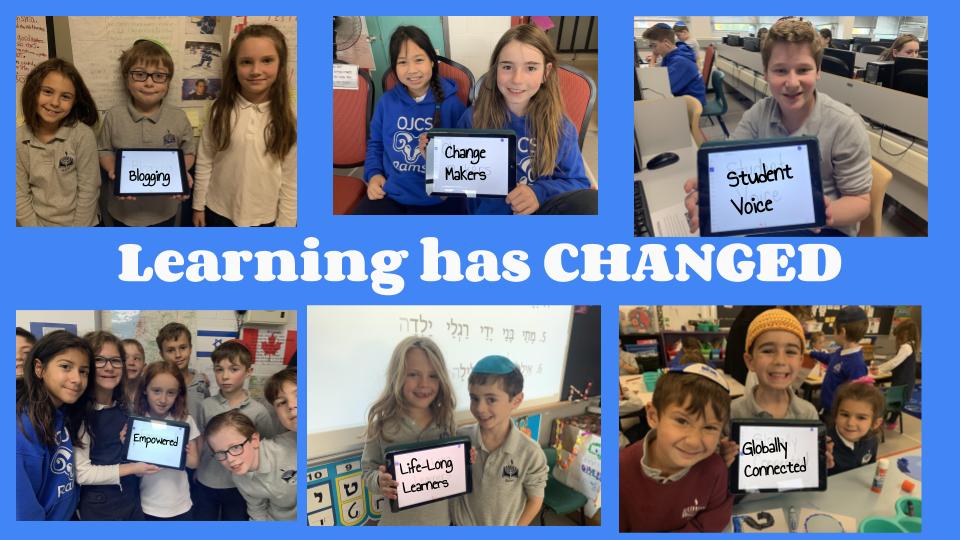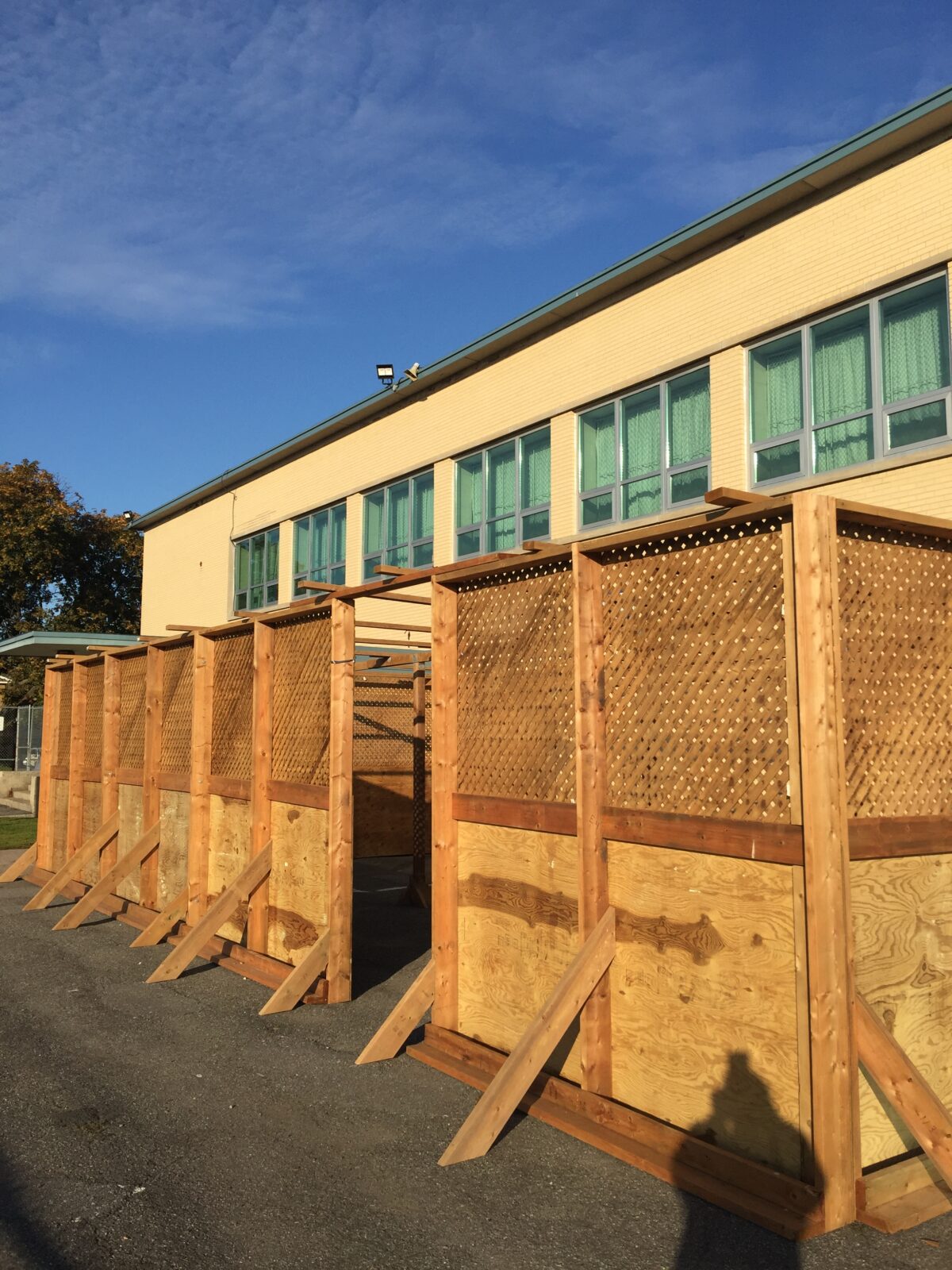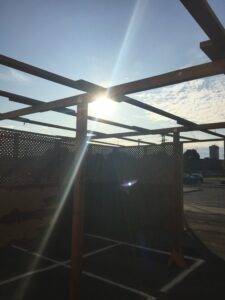I don’t know if it is the schedule, the calendar or my unconscious, but I noticed today, that in just about each year that I have blogged, that I skip from some kind of “Shofar, So Good” blog post heading into Rosh Hashanah right into some kind of “Marching With Fruits & Vegetables” blog post heading into Sukkot (spoiler alert for next week). Is it just timing or bandwidth that causes me to skip over Yom Kippur? Is there something about the “Day of Atonement” of which I struggle to find words?
In the hope of answering those questions, at least for myself, I’m going to use this week’s blog post to lean into forgiveness…
Repentance (Hebrew: תשובה, literally, “return”, pronounced “tshuva” or “teshuva”) is one element of atoning for sin in Judaism. Judaism recognizes that everybody sins on occasion, but that people can stop or minimize those occasions in the future by repenting for past transgressions. Thus, the primary purpose of repentance in Judaism is ethical self transformation.[1]
The Mishnah states: To a man who says, ‘I will sin and repent, I will sin and repent’, Yom Kippur brings no atonement. For sins against God, Yom Kippur brings atonement. For sins against one’s fellow man, Yom Kippur brings no atonement until he has become reconciled with the fellow man he wronged.[3]
Before we can ask God to forgive us for how we treat each other, we have the responsibility to not only ask those we have hurt for forgiveness, but to go the extra mile to work on ourselves, so that we are less likely to behave in unkind or unethical ways in the future. That is the “ethical self-transformation” referred to above, and that is the work of this season. It is easy (and sometimes not so easy) to say “I’m sorry,”; it is hard to grow yourself into the person you want to be. But that is what this time of year asks us to try to do…
Without falling guilty to oversharing or self-psychologizing, in the spirit of these עשרת ימי תשובה (ten days of repentance between Rosh Hashanah and Yom Kippur), I thought I would pick one thing general enough to my work with students, teachers, parents, colleagues, community, etc., to name as an area for personal growth this year. Doing this publicly, I hope, will inspire others to think about how they wish to grow this year and will provide me with a little public accountability to keep me honest.
A confession.
I am painfully shy.
That is either completely obvious to you or a complete surprise to you, depending on the kinds of interactions you are used to having with me or how well you (think you) know me. But it is true regardless. I am really shy and that can leave me a bit awkward in some kinds of social situations. Sadly, that shyness oftentimes reads as aloofness at best, arrogance at worst. Of course, sometimes I am just being aloof or arrogant, but oftentimes, I promise that I’m not! I’m just uncomfortably shy and rendered speechless by that discomfort. This is not new (to me) and I have, through the years, worked out all kinds of coping mechanisms and developed workarounds that help me do what I need to in order to keep myself and my work moving forward. There are lots of ways that I would love to “self-transform” in this area and I’d like to think that I have been on a journey of self-transformation for quite a while. But there is one specific way I want to grow this year, anchored in both an apology and a promise.
I want to be more curious.
When I reflect on conversations I have with lots of folk I encounter in my life, I find that I am easily more expressive when asked a question. I can be quite comfortable sharing my opinions, my feelings and my experiences. In that sense, I am quite transparent. Where I fall short is asking questions of the other. I struggle to convey my genuine curiosity about your opinions, feelings and experiences – especially in unplanned face-to-face moments – and it can leave the opposite impression, that I am only focused on myself and incurious about others.
So during this time of introspection, let me take this opportunity not only to ask forgiveness in general for anything I have done – purposely or unknowingly – to cause offense or upset during the last year, but let me specifically apologize for any moment in which I didn’t convey my interest or concern in you. If you left an interaction with me not feeling heard, I am sorry. If we had a conversation and I didn’t seem as invested in learning more about you than I was in talking about myself, I am sorry. If you were looking to make a genuine connection and I appeared disinterested, I am sorry. To say, “It isn’t you, it’s me,” in this case is both trite and true.
I take seriously the responsibility to role model the values and ideals of our school. Part of what it means to “learn better together” is showing care and curiosity in the other. Part of what it means to “take responsibility each to the other” is being aware of the concerns and needs of the other. And part of what it means to “own our learning” is being accountable for one’s shortcomings and seeking to grow.
As you ponder the purpose of this season for you and your family, I hope you find the time for introspection and the inspiration for the teshuva you are seeking. From my family to yours, wishing you a tzom kal (easy fast) and a day of meaning.
G’mar chatimah tovah.



 assistance of our OJCS Sukkah [to be finished this today] (with great thanks to the Zaret Family & Gemstone), in which we look forward to eating, celebrating, shake-shake-shaking and hopping in as a school community when we resume school during Chol Ha’Moed next Wednesday. [By the way, it seems like whenever we discuss the timing of the fall Jewish holidays relative to the start of the school year, we always describe them as coming “early” or “late”. They don’t ever seem to come “on time”!] Great thanks to all our teachers for the hard work that goes into holiday preparation/celebration and keeping the normal routines of school moving forward as per usual.
assistance of our OJCS Sukkah [to be finished this today] (with great thanks to the Zaret Family & Gemstone), in which we look forward to eating, celebrating, shake-shake-shaking and hopping in as a school community when we resume school during Chol Ha’Moed next Wednesday. [By the way, it seems like whenever we discuss the timing of the fall Jewish holidays relative to the start of the school year, we always describe them as coming “early” or “late”. They don’t ever seem to come “on time”!] Great thanks to all our teachers for the hard work that goes into holiday preparation/celebration and keeping the normal routines of school moving forward as per usual.
